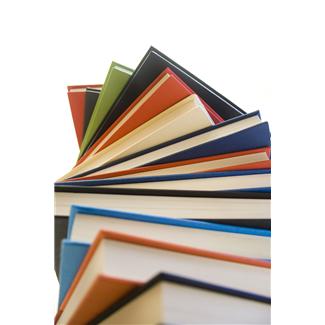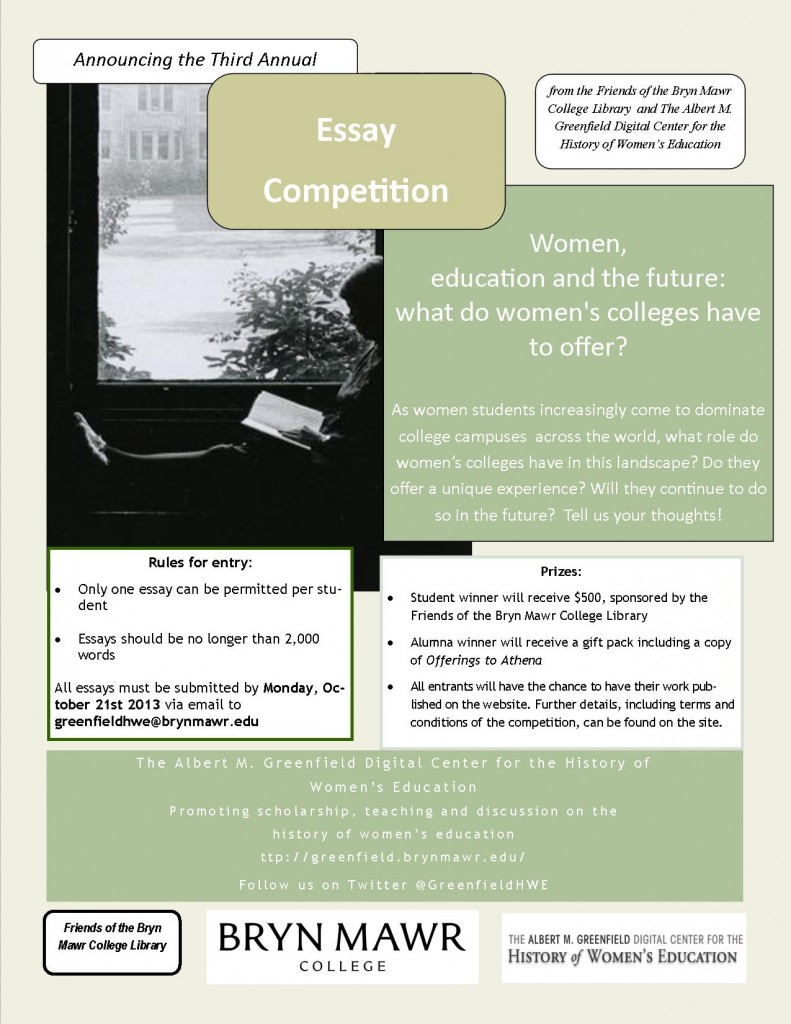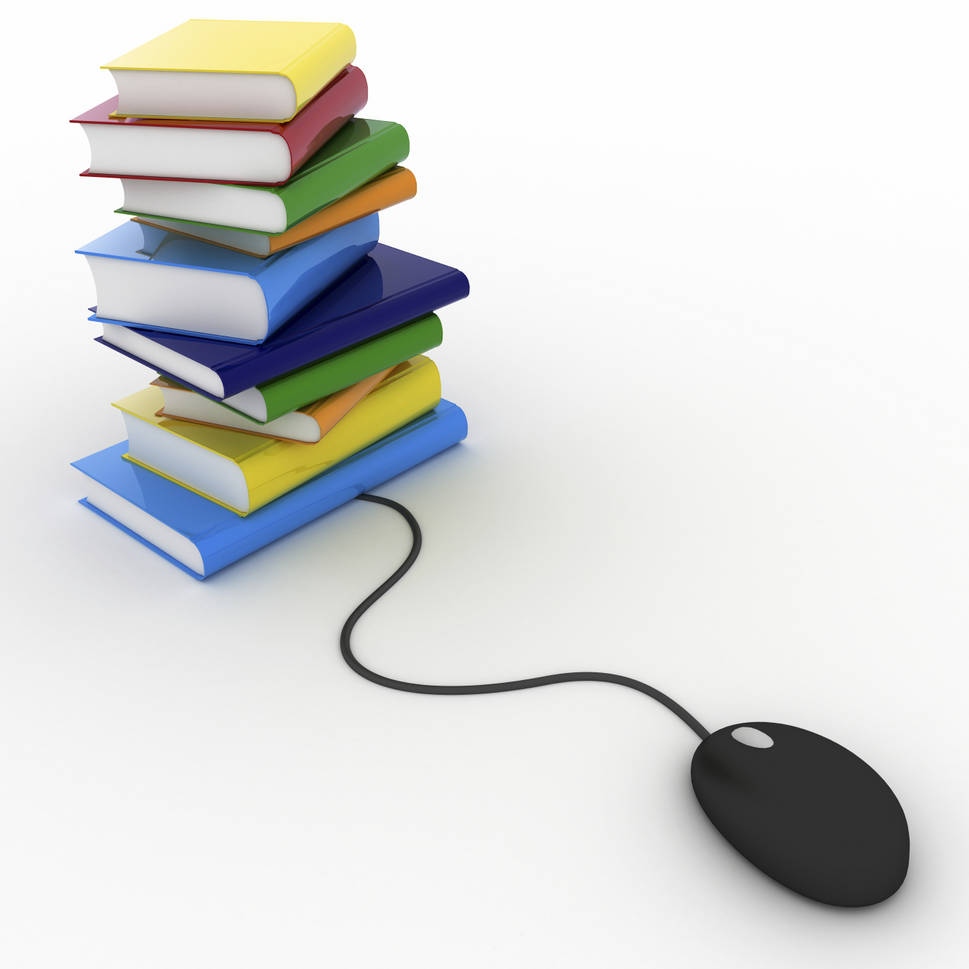 WOMEN’S LIBRARY AND INFORMATION CENTER FOUNDATION
WOMEN’S LIBRARY AND INFORMATION CENTER FOUNDATION
AND YEDİTEPE UNIVERSITY
CALL FOR PAPERS
SYMPOSIUM
WRITING WOMEN’S LIVES: AUTO/BIOGRAPHY, LIFE NARRATIVES, MYTHS AND HISTORIOGRAPHY
APRIL 19 – 20, 2014 / ISTANBUL – YEDİTEPE UNIVERSITY
Deadline for submission of abstracts: November 30, 2013
The Women’s Library and Information Centre Foundation (WLICF) and Yeditepe University invites submission of abstracts of papers to be presented at its international symposium “Writing Women’s Lives: Auto/Biography, Life Narratives, Myths and Historiography” which will be held in Istanbul (Yeditepe University), Turkey, April 19–20, 2014.
The symposium calls for papers from a broad, interdisciplinary field of women’s life writing including biography and autobiography, letters, diaries, memoirs, family histories, case histories and other ways in which women’s lives have been recorded. The call is open to various genres and national, regional and global cultural traditions of women’s life writings as well as to papers on the related areas of women’s oral traditions, oral history research, testimonies, and the representation of women’s lives in all possible verbal and non-verbal art forms, such as documentaries, video, art, etc.
WLICF was founded in Istanbul in 1989 and the library was opened to the public on April 14, 1990. It was the first and is still the only library in Turkey dedicated to assisting research on the history of women. The principle mission of the library is to acquire, protect and preserve the women-centred intellectual legacy of our world and to make this legacy accessible to researchers.
Yeditepe University is a foundation university situated in İstanbul, Turkey. The University was established in 1996 by the Istanbul Education and Culture Foundation (İstek Vakfı). The university campus consists of 236 thousand square meters of closed area and 125 thousand square meters of open area. It has 319 classrooms, 22 lecture halls, 32 computer labs, 74 professional labs belonging to the Fine Arts, Architecture, Communication, Engineering and Sciences Faculties and 2 professional photographic studios. Yeditepe University comprises eleven faculties, three graduate institutes and one vocational school of higher education. All academic programs are offered in English except for a program of political science and international relations in French, a program of business administration in German and a program of art and design in Italian.
Proposals may include, but are not limited to the following research topics:
-Narration of historical women characters in literary, artistic and scientific texts
-Feminist/women’s auto/biographical literature
-Theory and methodology in narrations of women’s history
-Ethical and moral concerns in historiography and life narrations
-Global, national and regional scale women-centred mythologies
-Special difficulties and problems of writing life narratives
-Social memory and feminist/women’s auto/biographies
-Gender and feminist/women’s auto/biographies
-Men in feminist/women’s memoires
-Media and representation: the representation of feminists’/women’s lives in media and textbooks
-Arts, everyday life and feminist/women’s auto/biography: film, theatre, music, painting, pop culture, etc.
-Fictive dimension in auto/biographies, intersection of historical characters with fictive elements.
-Women in auto/biographical documentaries
-Feminist pioneers’ and women’s rights activists’ auto/biographies or life narratives (especially from Turkey, the Balkans, and the Middle East)
Documentary sources:
-Feminist/women’s archives, libraries and their significance in writing women’s lives
-Private archives and their significance in writing women’s lives
-Correspondence
-Memoires/ Diaries
-Oral history documents
Submission details of abstracts and final papers:
We welcome proposals for individual papers, roundtables, workshops, films and other presentations. The abstracts should be sent in English, but the presentations might be either in English or in Turkish. The maximum time allowed for any presentation will be 20 minutes. The organizing committee is working to provide simultaneous translation during the symposium. Abstracts of papers should be 250-500 words in length (in English only) and must include “the name of the writer and the affiliation”, a “short biodata” and the “contact addresses” (e-mail, postal address, phone and fax number). Please specify one of the following lines of inquiry relevant to your paper and indicate this as well.
The symposium sessions will be organized along the following lines of inquiry:
1- Theory, methodology, feminist history, feminist criticism and women’s life writing
2- Auto/biography, life narratives, myths and historiography
3- Individual women in women’s movements and women’s history (contributions are especially invited from/about the Balkans and the Middle East)
4- Life narratives in cultural traditions and vice versa: women’s folklore and oral traditions.
5- Autobiography and biography in comparison
6- Auto/Biographical fiction and women’s life narration
7- Philosophy in women’s life narration
8- Social memory and feminist/women’s life narratives
Please email abstracts and proposals to the following address with
1. Name (with your family name in CAPITAL letters).
2. Affiliation
3. A short biodata
4. Email address
5. Postal address
6. Phone and fax numbers
7. Relevant sub-theme
symposium@kadineserleri.org<mailto:symposium@kadineserleri.org>
Symposium Proceedings:
Selected papers will be published in the forthcoming symposium proceedings. For this reason finalized papers should be sent to the following address by June 30, 2014, at the latest:
symposium@kadineserleri.org<mailto:symposium@kadineserleri.org>
Deadline for submission of abstracts: November 30, 2013
Notification of acceptance of abstracts and program proposals: January 30, 2013
Deadline for the final version: June 30, 2014
Symposium registration fee is 150 Euro.
*Information regarding travel , accommodation and the web site of the symposium will be sent to the participants by the end of September 30, 2013.
Symposium Coordinators:
Dr. Birsen Talay Keşoğlu , Yeditepe University – History
Assistant Prof. Vehbi Baysan, Yeditepe University – History. (Vice )
symposium@kadineserleri.org<mailto:symposium@kadineserleri.org>
Organising Committee
Aslı Davaz: Specialist on Women’s archives and libraries, Researcher and Translator, Founding-Member of the Women’s Library and Information Centre Foundation – İstanbul
Ayşe Durakbaşa: Prof. Dr., Marmara University, Department of Sociology – İstanbul
Ayşe Nur Erek: Assistant Prof., Yeditepe University, Department of History – İstanbul
Birsen Talay Keşoğlu: Assistant Prof., Yeditepe University, Department of History – İstanbul.
Tilly Vriend: Senior International Project Manager Atria, Amsterdam; Co-President AtGender</http:/www.atgender.eu/> and Board member WINE<http://winenetworkeurope.wordpress.com/>, Women’s Information Network Europe
Fatma Türe: Assistant Prof., Ankara University, Department of Sociology – Ankara
Leyla Şimşek-Rathke: Dr., Marmara University, Department of Sociology – İstanbul
Nazan Aksoy: Professor, İstanbul Bilgi University-Faculty of Arts and Sciences, Department of English Language Teacher Education – İstanbul
Neşe Yıldıran: Assitant Prof., Yeditepe University, Department of History – İstanbul
Diane Belle James: Editor and translator (USA)
Tûba Çavdar Karatepe: Associate Prof., Marmara University, Department of Information and Records Management -İstanbul
Women’s Library and Information Center Foundation, İstanbul, Turkey
Address :Kadir Has Cad. No:8 Fener Vapur İskelesi Karşısı
Tarihi Bina, Fener / Haliç 34220 Istanbul-Turkey
Telephone : 0090 212 621 81 34 – 0090 212 534 95 50
Mail Address :kadineserleri@gmail.com
Collaborating Institution :Yeditepe University – History Department /Istanbul – Kayışdağı
Address : 26 Ağustos Yerleşimi, Kayışdağı cad., Kayışdağı- Ataşehir, 34755, Istanbul Turkey
Mail Adress : www.yeditepe.edu.tr<http://www.yeditepe.edu.tr/>
We look forward to your participation and contribution.
Women’s Library and Information Center Foundation and Yeditepe University







